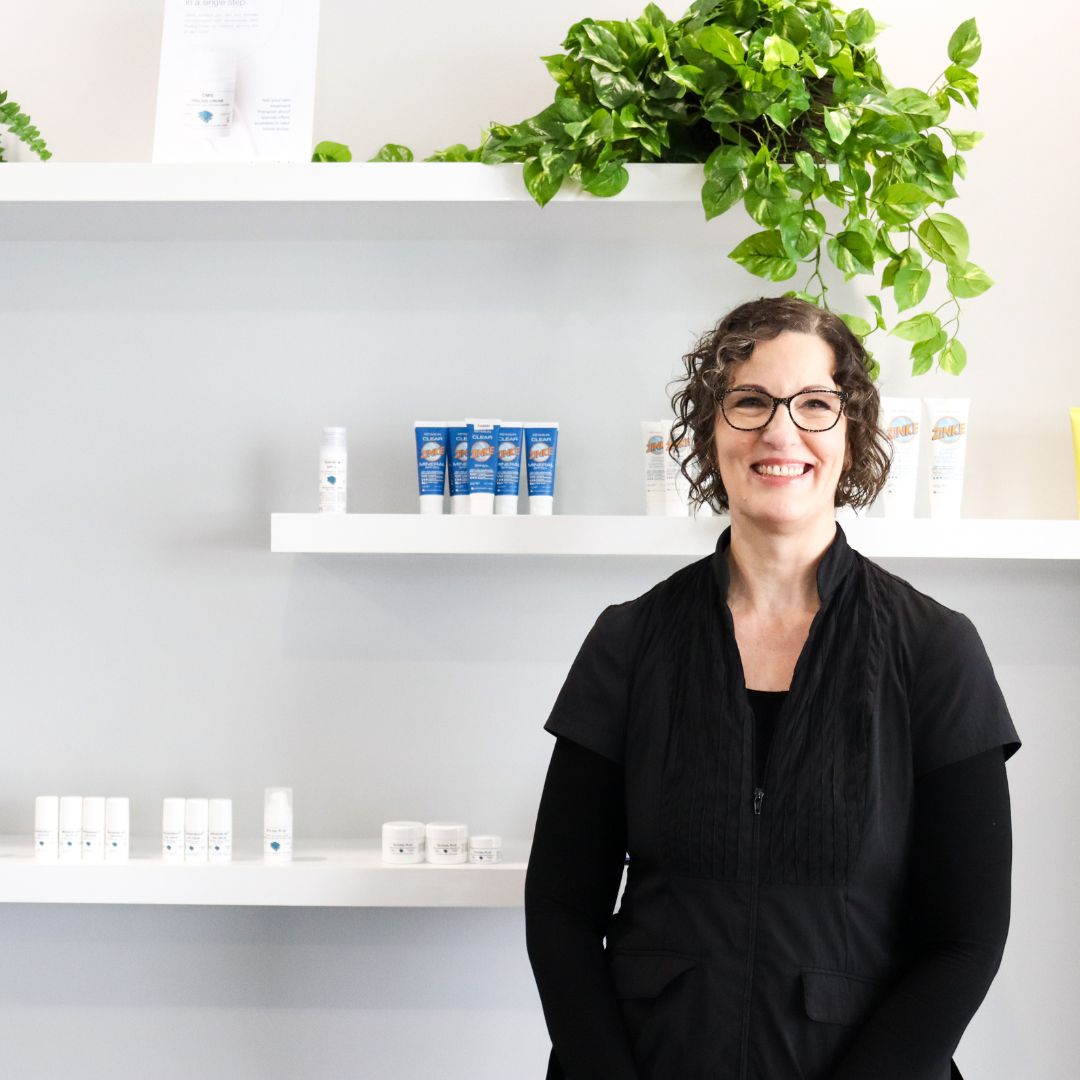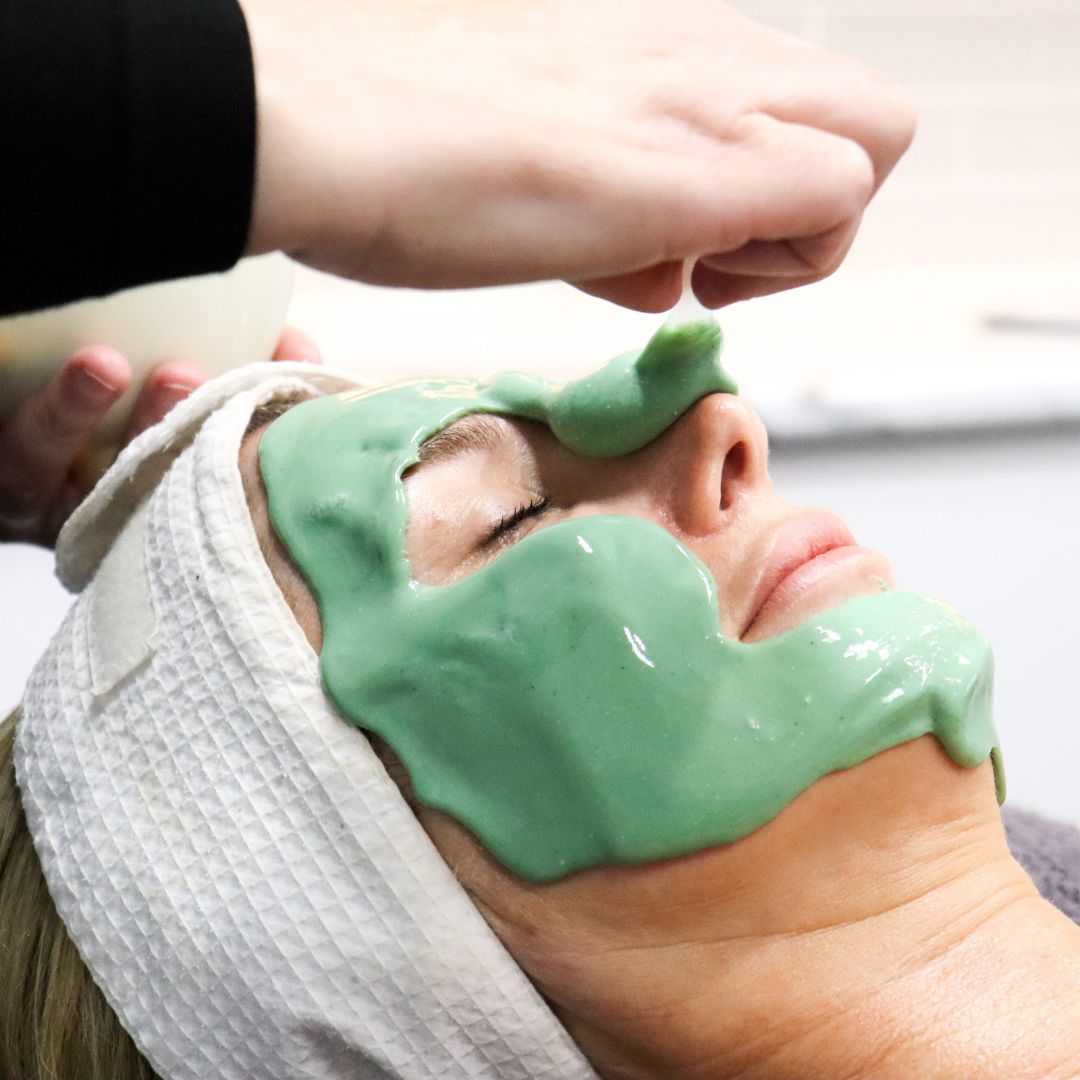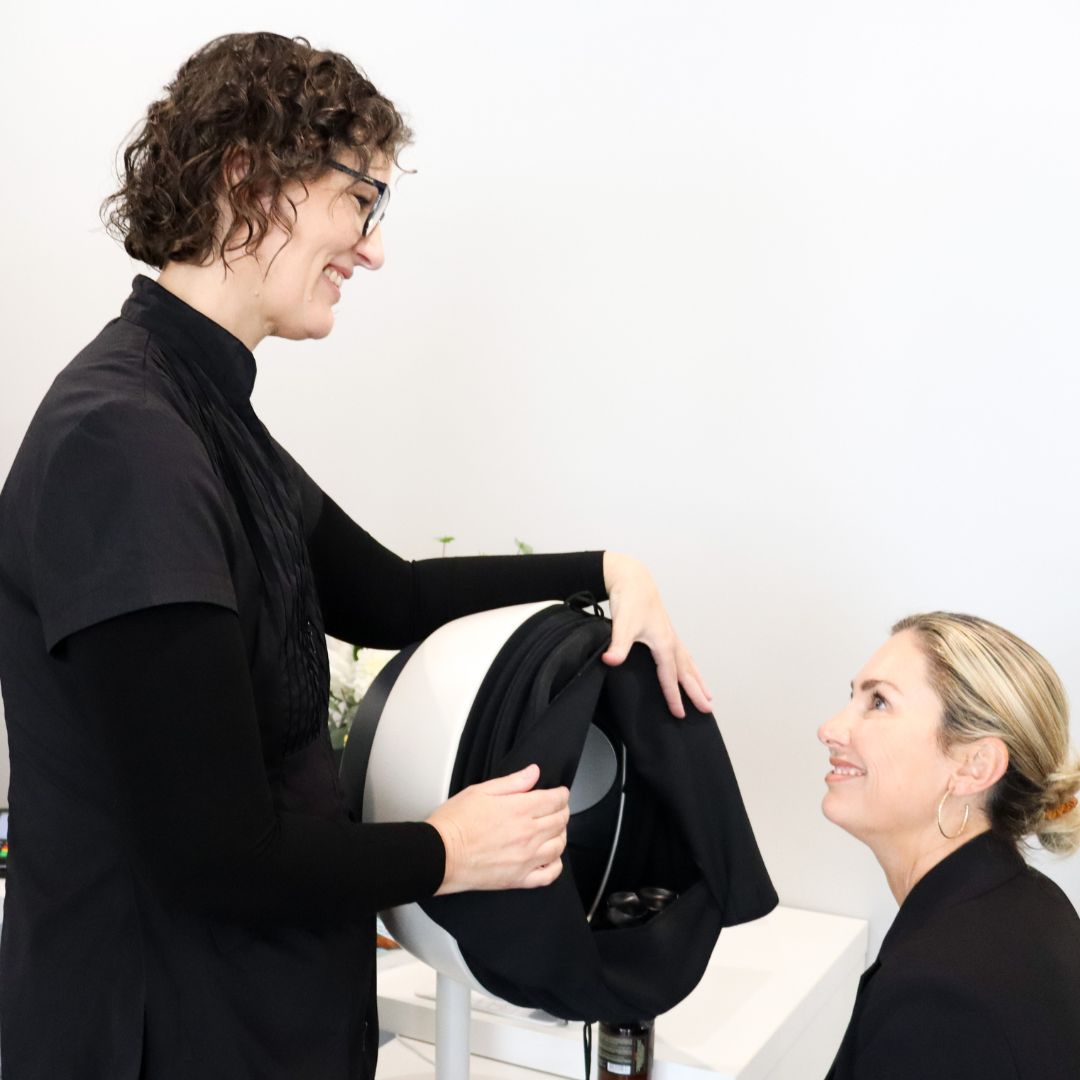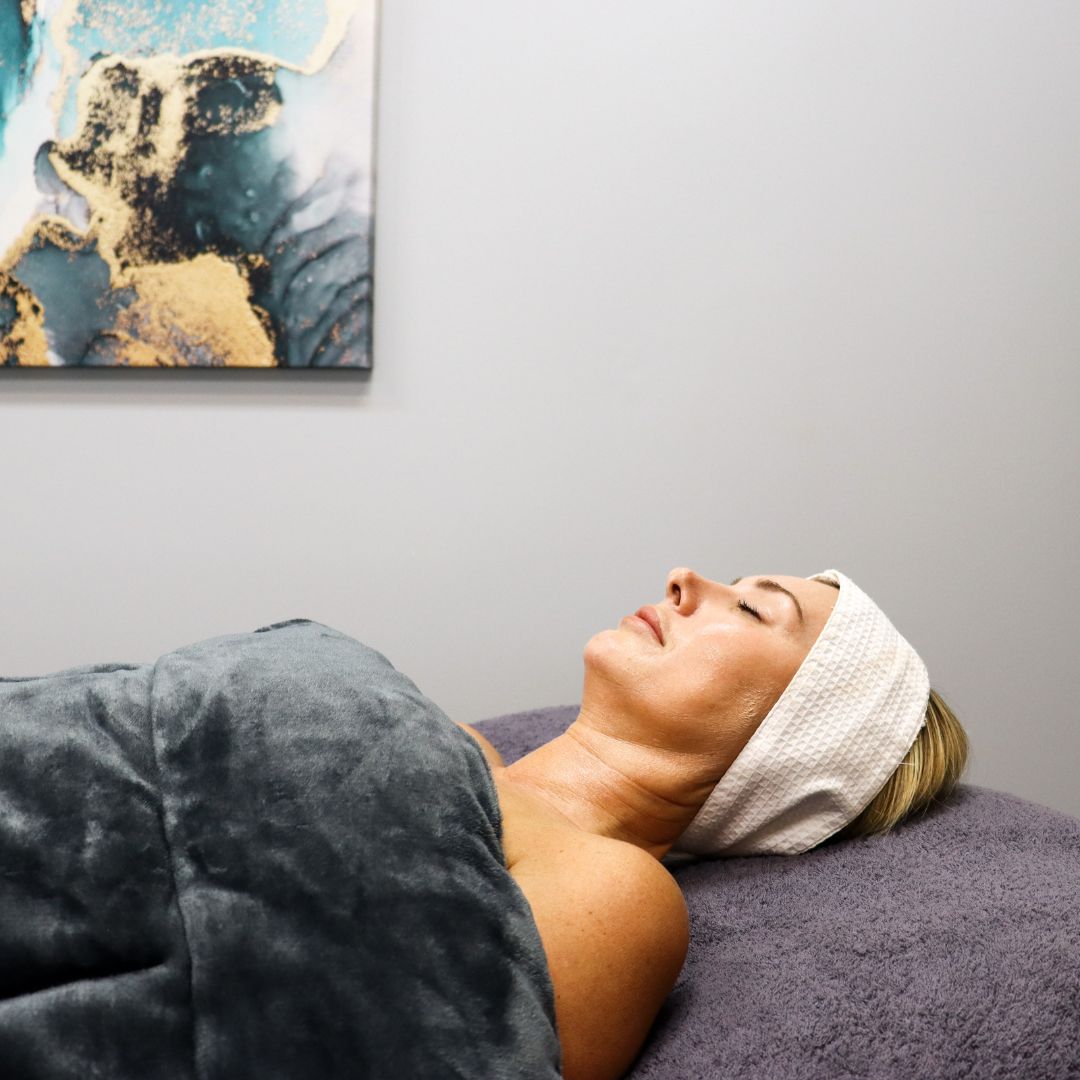Latest News
Stay up to date with the most recent developments in skincare.
Better skin starts today
Natural & Organic – what does this really mean?
Every single day I hear the same thing over and over again – “it is organic” or “it is natural” – what do those terms really mean? Not what we think they mean, but what do they mean?
Dermaviduals has written a very interesting article about this very subject. It is clear & to the point, so I am not going to remake the wheel. Read on ….
We understand how appealing natural and organic ingredients sound in terms of protecting your health and beauty. In reality, however, these terms are practically meaningless on a cosmetic label. That’s a problem for an educated consumer like you who cares about what you put in and on your body.
We hope this post will help you solve that problem and sort out the good from the bad in skin care.
Defining Natural and Organic in Cosmetics
Wander down the cosmetics aisle and you’ll see bold labels announcing organic and natural on everything from moisturisers to mascaras. Yet there are no industry standards or regulations for these terms and no global standards.
Some cosmetic ingredients are referred to as ‘natural’ ingredients or substances, such as oils, extracts and essences of plants. However legislation by the National Industrial Chemicals Notification and Assessment Scheme defines a naturally occurring chemical as an unprocessed chemical occurring in a natural environment; or a chemical occurring in a natural environment. Most ‘natural’ ingredients in cosmetics will not meet this definition.
An ‘organic’ label is just as misleading. There are as many as ten organisations that provide organic certification. Each body has different rules for what constitutes organic, including differing rules for what percentage of the product must be of organic origin.
The Best Skin Care
In truth, many substances, developed in the laboratory and proven to support and enhance skin health, simply don’t exist in our natural environment. Active agents gained from natural sources are supposed to be superior to their synthetic counterparts, yet in the quality contest, a synthetic agent is frequently more pure and better recognised by the skin.
Furthermore, there are plenty of natural and organic ingredients that are not good for your skin. So in terms of skin care products, the answer is to seek out the safest and most effective products available, and this doesn’t necessarily mean organic. “We believe in looking at every method of producing superior product formulations,” explains Reika Roberts, Managing Director of Derma Aesthetics. “So, to ensure optimal skin health, we focus on producing a physiological product range. That is, one which most perfectly replicates the normal function of the skin.”
6 Synthetic Skin Care Ingredients to Avoid
Of course some synthetics should always be avoided. At the top of the Don’t Use List are:
- Sodium lauryl phosphates
- Mineral oils
- Parabens
- Perfumes
- Emulsifiers
- Colouring agents







Thanks for the read x
pleasure Stacey